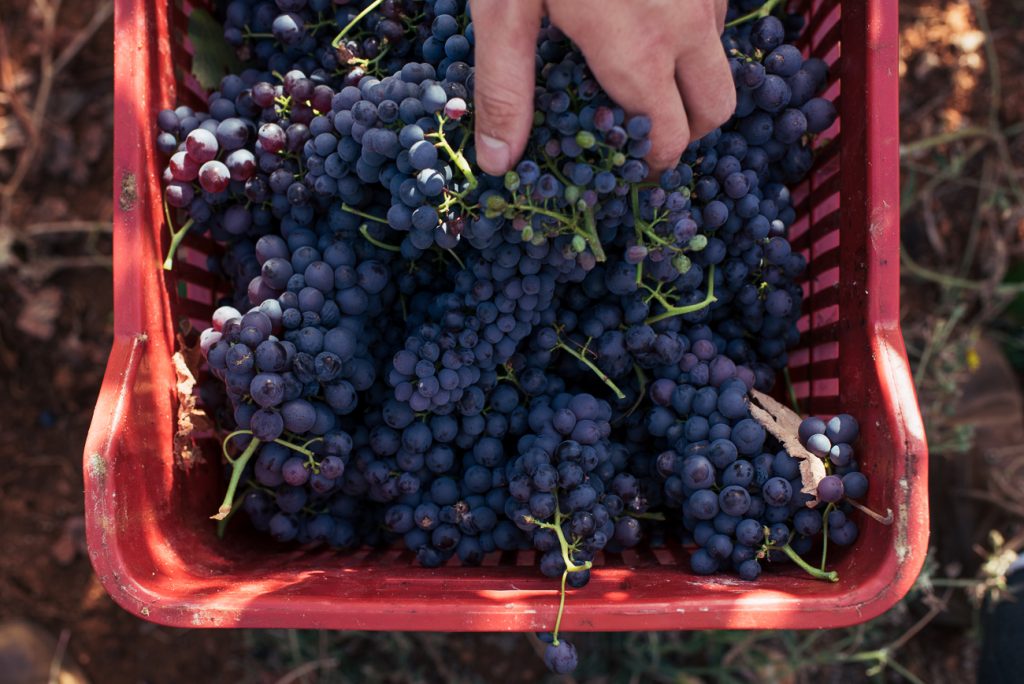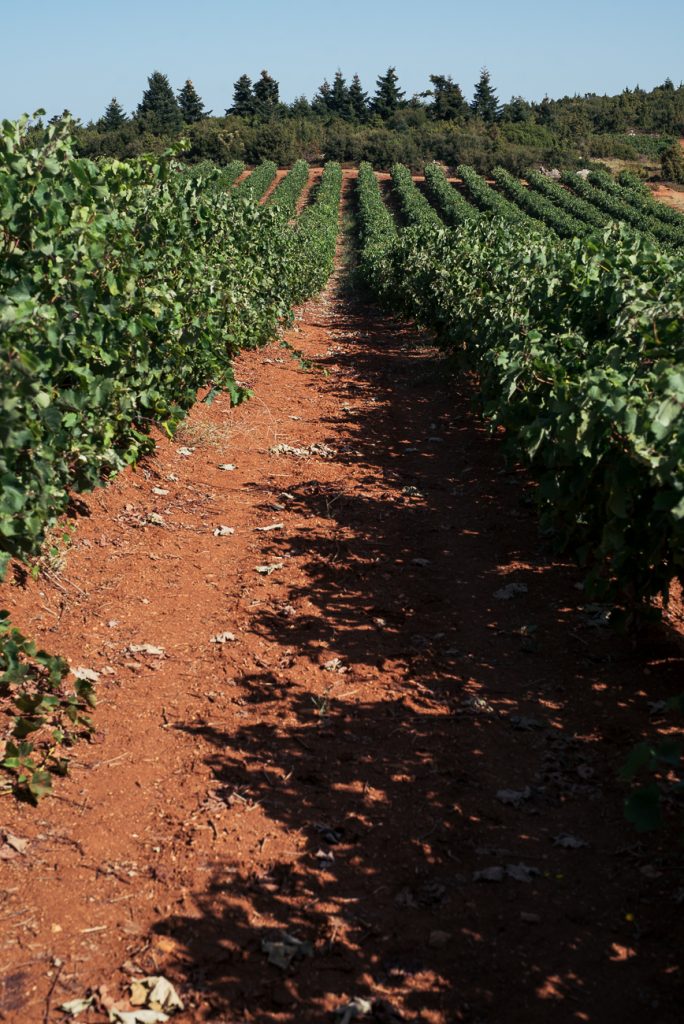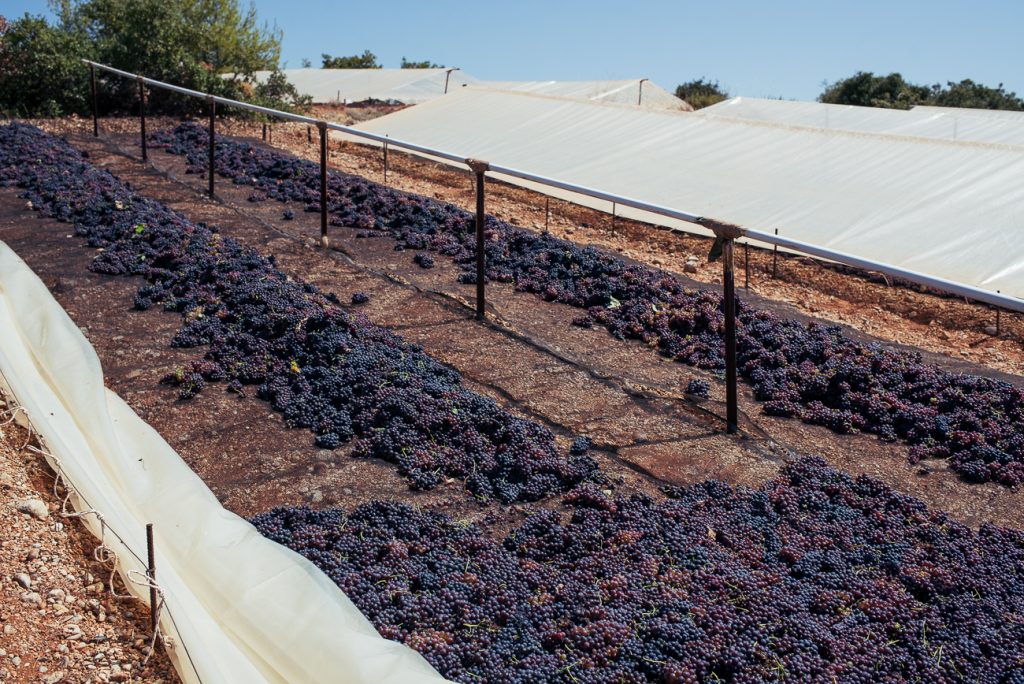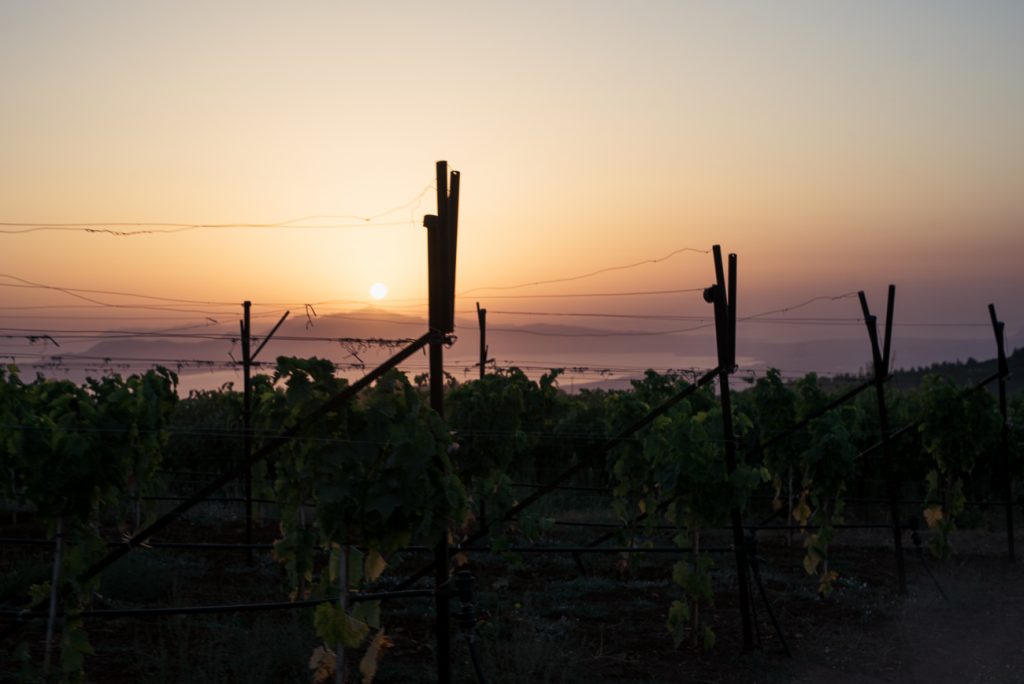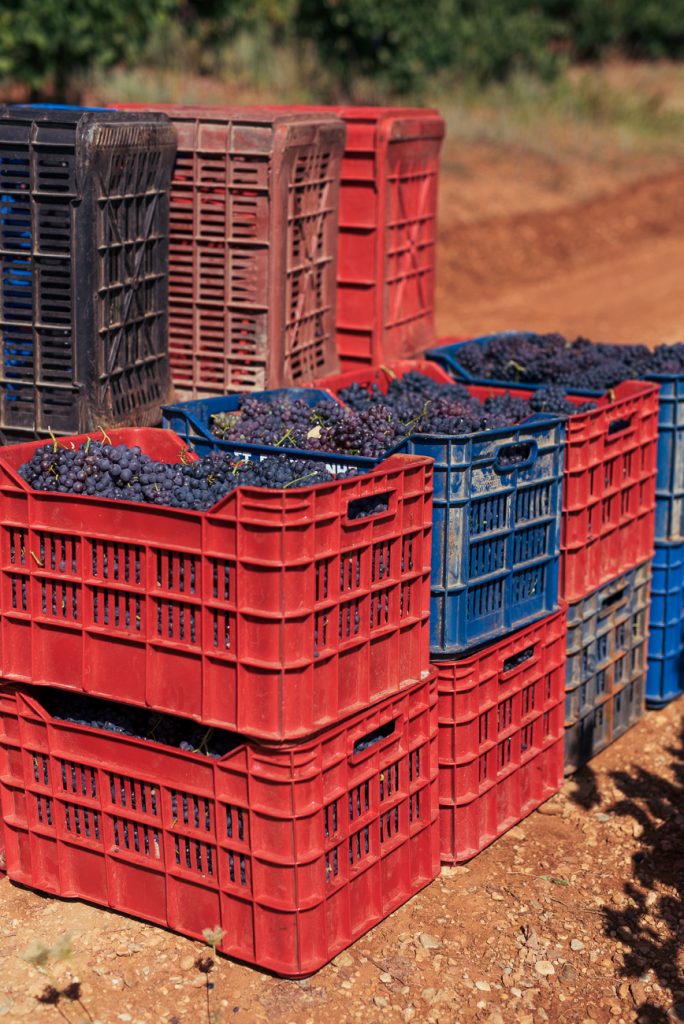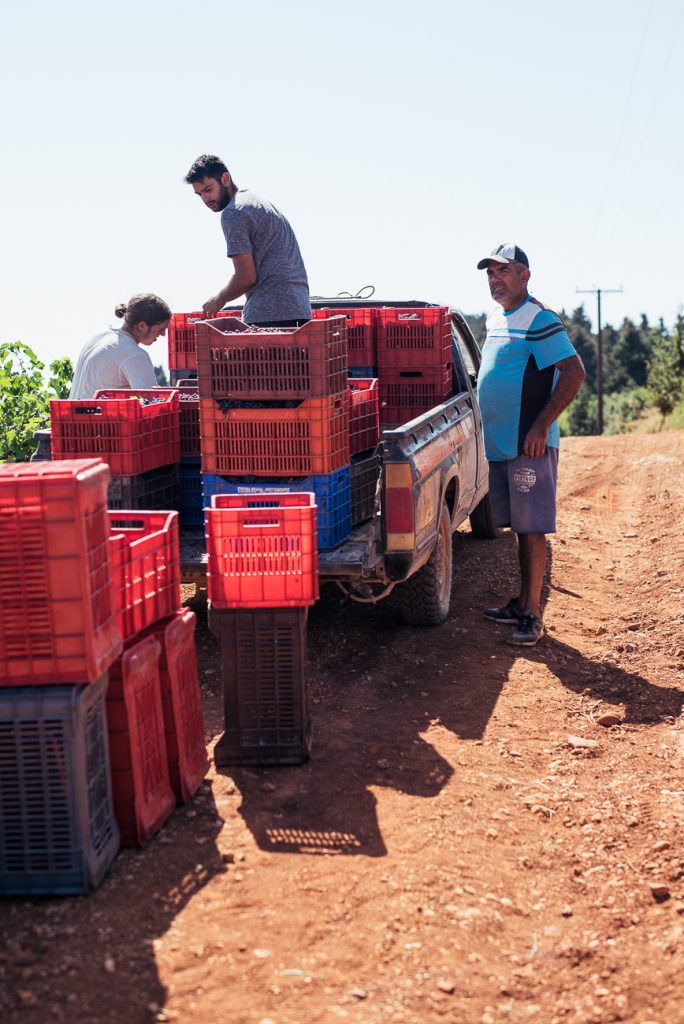“Black gold”… That’s what they used to call them in Greece. Not only because they were once the number one export commodity, but also because the people of the time understood their beneficial nutrients and included them in their diet.
In the 19th century black raisins accounted for 90% of Greece’s exports in Europe. Raisins were to Greece “what coffee is to Brazil”.
Kryoneri is the largest vine-growing community in the semi-mountainous and mountainous Corinthia. The Corinthian (black) raisin has been cultivated in areas of North and West Peloponnese, as well as in Zakynthos.
It has been a cultural good of Greece since Homeric times, while written references to its trade in Greece can even be traced back until the 12th century. Ancient Greek writers such as Herodotus, Plato and Aristotle often referred to raisins and they were known as “astafides”, “grapes” or “raisins”. They have been used as a medium of exchange for the purchase of different goods but also to purchase slaves, back in times of slavery. They were quite popular to be offered as a reward or even as a cure for various diseases.
